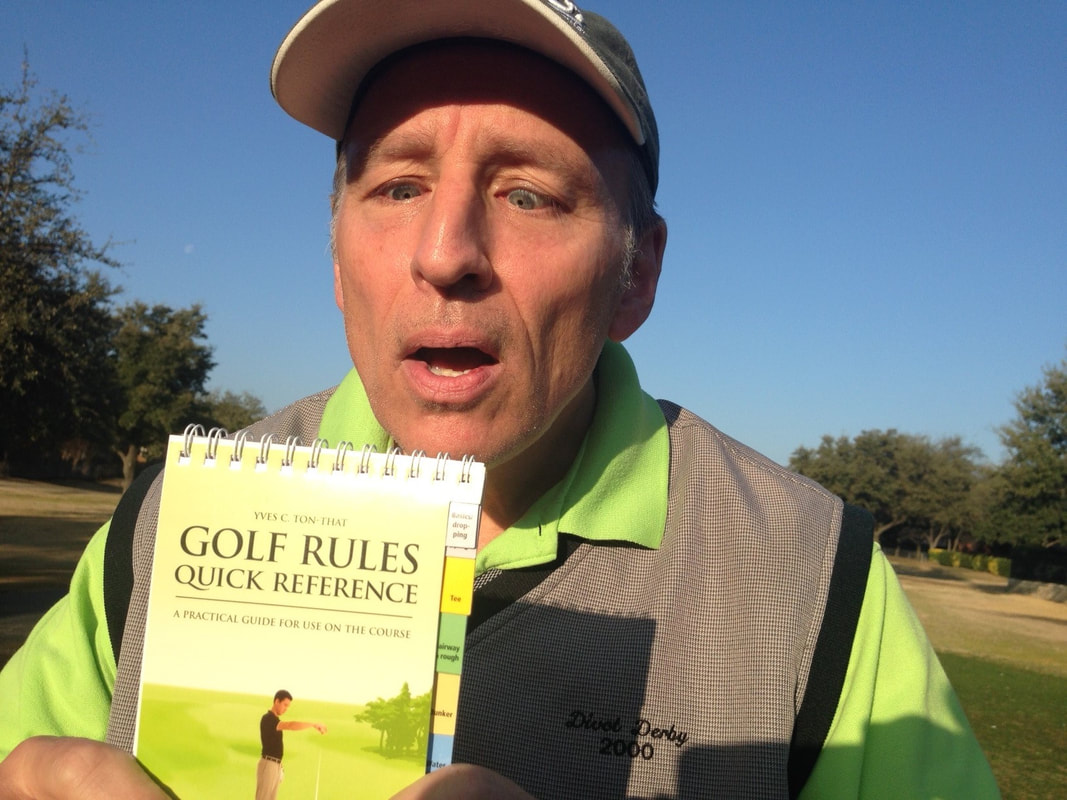
Somehow that phrase dominates the airwaves and everyday language. Maybe I’m just dialed into it, but it seems I hear people using the words “each” and “every” together in sentences regularly.
My peeve is this: You don’t need to say “each” when you’ve said “every.” And vice versa. Say “each” or “every.” But not both.
For example, “Each of you should pay close attention to what I’m about to say next.” Or, “Every day we need to make sure we file our reports.”
Not: “Each and every one of you should pay close attention to what I’m about to say next.” Not: “Each and every day we need to make sure we file our reports.”
I don’t know where this redundancy started. But it’s certainly taken over. Some of the biggest over-users of the phrases are announcers. I think they must believe that using the phrase makes them sound more important. Or perhaps I’m just over-thinking this whole damn thing, and no one considers what they’re saying.
This irritation on my part has arisen the past six months or so. I think it derived from a person I worked with. On a morning call, she’d repeatedly state, “Each and every time we, blah blah blah blah.” And I’d think to myself, “Just say EVERY time. Not EACH and EVERY.”
When language use is your profession, little things like this become bigger things. You look at the people who over-state their case or try to over-impress you, and when that happens, you find your opinion of them lowered. By trying to act more important that necessary, you lose the impression you’re probably trying to create.
Then again, maybe I’m just a complainer and someone who overly judges the use of language and its effectiveness in our daily lives. Words matter.
Over the years, I’ve found phrases like “each and every” working their way into our lexicon and being adopted to the point where I can’t block them out of my mind. In Washington, D.C., as a journalist covering Congress and EPA 30 years ago, a word applied repeatedly that lost all its meaning was “expeditiously.” And, the word “prioritize” was right behind it.
“We need to move this legislation expeditiously, and prioritize this project.” That’s certainly an oxymoron phrase for Congress. No ones moving quickly, and if it’s one person’s priority, you can bet your retirement that someone else is going to oppose it, so it won’t be a priority.
The California valley girl word, “like,” is another classic. It took over for “you know,” a personal favorite of mine that I continue to use effectively when I don’t know what to say next. You know.
“It’s like, you know, that I went around, like, two miles on my bicycle, down this hill, like it was the fastest thing I ever did.” Each and every time.
I over-use phrases. We all do. It’s darn hard to change your behavior even if someone points out to you what you are doing and you “want” to change. It takes concentration, hard work and dedication.
If TV announcers read this, each and every time they get on the air, maybe they’ll think about it and cut out one word. It would make me happier.